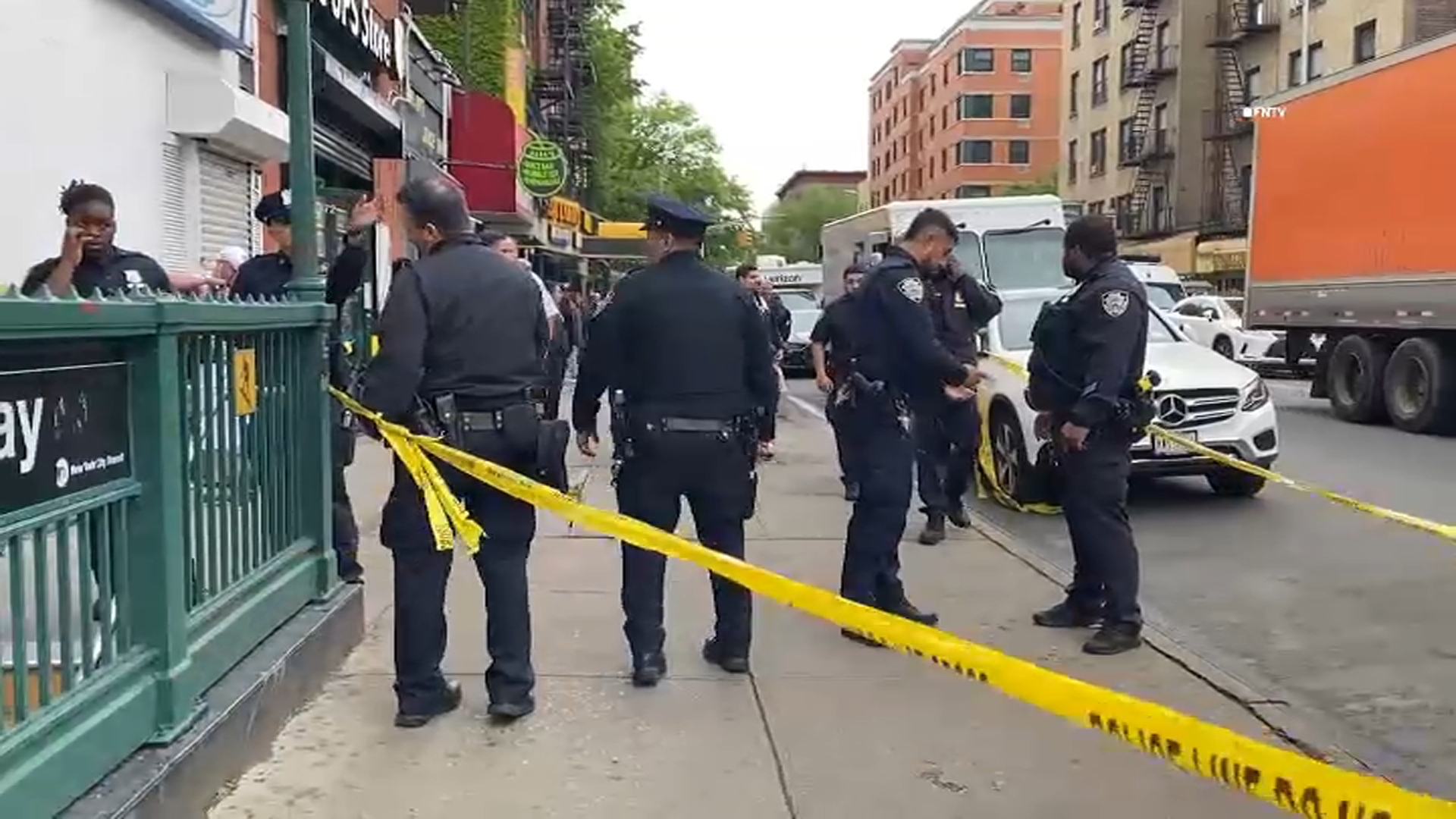What to Know
- 21-year-old Liam McAtasney was convicted in February of strangling 19-year-old NJ student Sarah Stern during a December 2016 robbery
- The two were once high school classmates; another friend, Stern's one-time prom date, was accused of assisting and accepted a deal
- Stern's body was never found; officials said the men took her car to a bridge and threw her body off to make it look like she killed herself
The former high school classmate of a 19-year-old New Jersey student convicted of strangling her and throwing her body off a bridge — with the help of the young woman's one-time prom date — was sentenced to life without parole, plus 10 years, on Friday.
Liam McAtasney, 21, was found guilty of all charges, including murder and robbery, in the December 2016 death of his childhood friend Sarah Stern, a case that shocked the community where they grew up and chilled the nation.
Stern's body was never found.
Michael Stern, Sarah's father, read an emotional victim's impact state to the court Friday, saying that his "spirit was broken."
“Since the day my daughter went missing, I’ve had horrific dreams and nightmares. I’ve been unable to get meaningful sleep since Sarah went missing. Many days I can’t function at all,” Michael Stern said.
McAtasney looked down almost the entire time the victim’s father spoke. He couldn’t bring himself to look at the father for the duration of the trial, but on Friday was seen lifting his head just for a second to look at the sadness on the face of the man whose daughter he killed.
"I was devastated and numb from shock the day I learned from detectives Sarah was murdered. I’ve had horrific dreams and nightmares," he said. "The horrid act of what happened to her body haunts me everyday. I will never be able to hug Sarah again."
After court as adjourned, Michael Stern was asked if he had any words to the killer. “I have no words for him, at all,” he said.
When the judge asked if there was anything McAtasney would like to say before he was sentenced, he declined. McAtasney's lawyer has already filed an appeal of the verdict.
The prosecutor said that if New Jersey had a death penalty, he would have pursued it against McAtasney, who he called one of the most “heinous killers” in Monmouth County history.
The trial lasted about eight weeks — and by most accounts, was difficult for all parties involved.
When the verdict was handed down in February, trial prosecutor Chris Decker said, "When you're asking a group of 14 people — ultimately 12 people — to convict someone especially so young of a crime like murder, it's not an easy thing to do. You could obviously see that from the jury's reaction on the way out... But I think ultimately, at the end of the day, justice was served."
Local
Prosecutors said observing an apparent lack of remorse by McAtasney while his grisly confession tape played in the courtroom during trial was especially telling.
"There was no emotion from him," said Meghan Doyle, another of the trial prosecutors. "As prosecutors, that does make you angry. There's no emotions, nothing. He was so dismissive of what he did."
Watching that video in court, Michael Stern said, was "sickening. It was gut-wrenching."
"She was just a beautiful person," he added. "She didn't have a mean bone in her body. And she was a great artist, and hopefully in the future we'll be able to see some of her artwork and get it on display somewhere."
Monmouth County prosecutors said McAtasney strangled Stern during a robbery attempt from which he thought he was going to get $100,000; he got about $8,000. Then he and a friend dumped her body off the Route 35 bridge in Belmar, leaving her car on the bridge to make it appear that she committed suicide, according to prosecutors and trial documents.
Defense attorney Carlos Diaz-Cobo had argued there was reasonable doubt that the victim was dead, since her body was never been found. He tried unsuccessfully to get McAtasney a new trial, claiming it was prejudiced by a Facebook post made in a juror's name. A judge denied the request.
McAtasney chose not to take the stand on his own behalf at trial.



